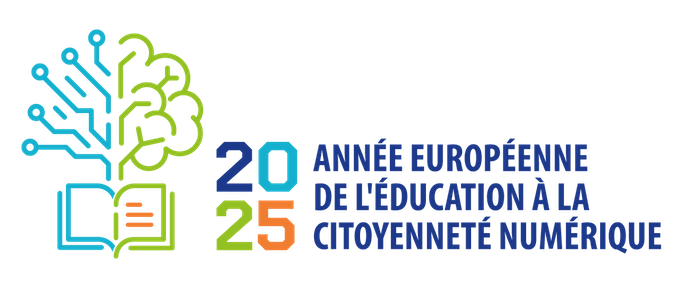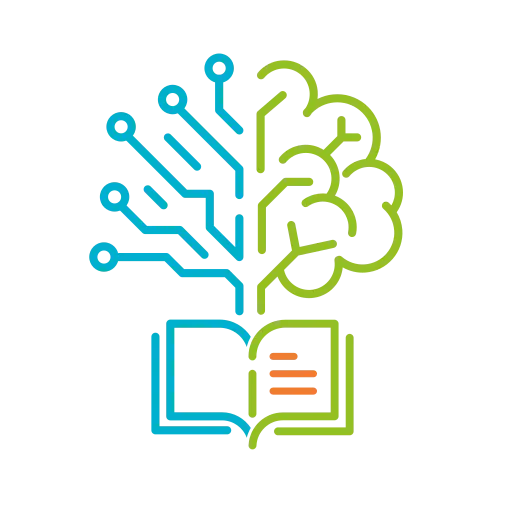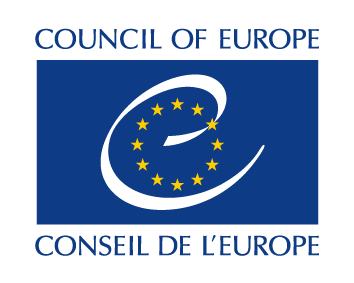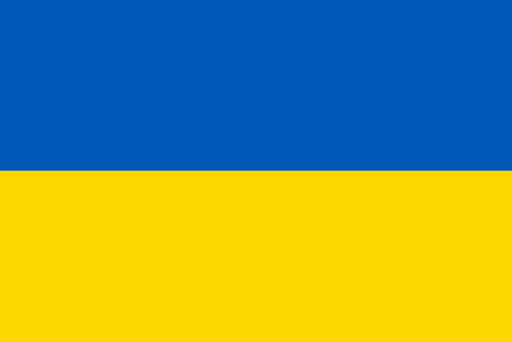- National Strategy for the Development of Education in Ukraine until 2021 (created in 2013 but until 2021). This strategy, implemented by the Ministry of Education and Science of Ukraine, includes elements that promote digital citizenship through the modernisation of educational content. The strategy emphasizes the integration of digital skills and competencies in the curriculum to prepare students for active participation in a digital society. One of the tasks is « building an effective system of national education on the basis of universal, multicultural, civic values, ensuring the child’s physical, moral, spiritual, and cultural development, forming a socially mature creative personality, a citizen of Ukraine and the world, preparing young people to consciously choose the sphere of life ». It aims to ensure that the education system adapts to the needs of the 21st century, fostering digital literacy and responsible online behaviour among students.
- Order of the Ministry of Education and Science of Ukraine No. 276 of March 7, 2024, « On the Approval of the Strategic Plan of the Ministry of Education and Science of Ukraine until 2027 » – One of the priorities outlined is the digital transformation of education and science in Ukraine, with the ultimate goal being for participants in the educational process, administrators, and researchers to utilise modern technologies within an accessible digital environment.
- The National Strategy for Inclusive Education (2024–2029) integrates digital applications to improve accessibility for students. The operational plan of measures for its implementation for 2024-2026 notes that information campaigns will be carried out to promote games and digital applications for young children and students.
- Cabinet of Ministers of Ukraine Directive No. 167 of March 3, 2021, « On the approval of the Concept of Digital Competence Development and the approval of the Action Plan for its implementation ». The main goal of this Concept is to define the priority areas and key tasks for the development of digital skills and competencies, and to improve the digital literacy of the population.
- The Cabinet of Ministers of Ukraine Resolution No. 184 of March 10, 2024, « On the Unified State Web Portal of Digital Education ‘Diia. Education ». The Unified State Web Portal of Digital Education aims to Foster digital literacy and digital education. 6. To improve information and media literacy, in particular, through the use of artificial intelligence, the Ministry of Education and Science of Ukraine, together with the Ministry of Digital Transformation of Ukraine, developed guidelines for the introduction and use of artificial intelligence technologies in general secondary education institutions in May 2024.
Sources
- https://zakon.rada.gov.ua/laws/show/344/2013#Text
- https://mon.gov.ua/npa/pro-zatverdzhennya-strategichnogo-planu-diyalnosti-ministerstva-osviti-i-nauki-ukrayini-do-2027-roku
- https://zakon.rada.gov.ua/laws/show/en/527-2024-%D1%80?lang=uk#Text
- https://zakon.rada.gov.ua/laws/show/167-2021-%D1%80#Text
- https://zakon.rada.gov.ua/laws/show/175-2024-%D0%BF#Text
- Online survey with national authorities



